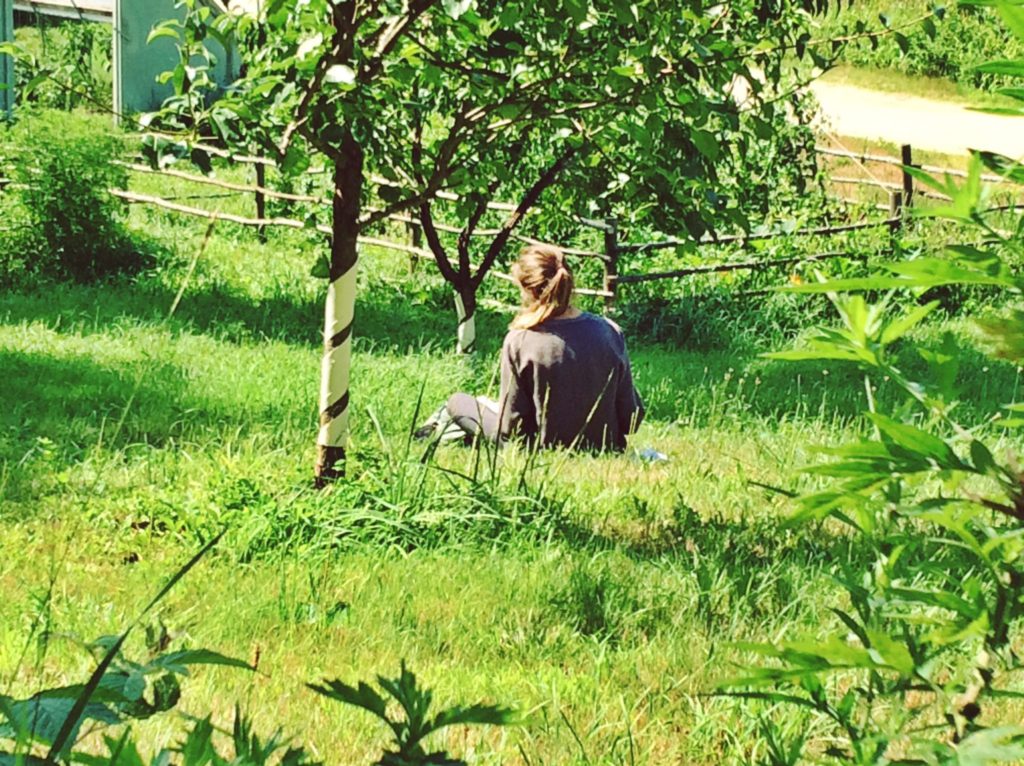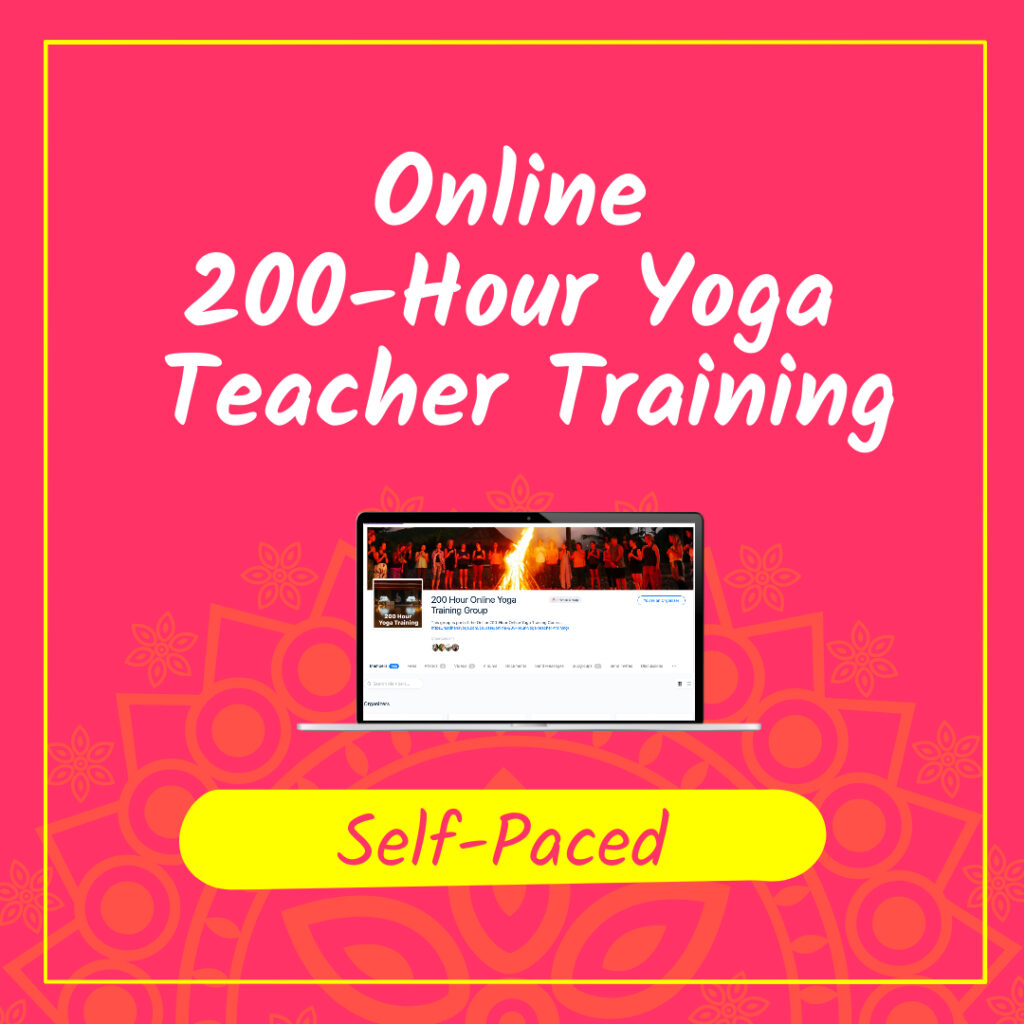Personalized City Experiences
As traditional travel patterns shift, a growing number of European cities are turning to creative tourism to appeal to modern explorers seeking more than just landmarks and guided tours. From interactive workshops to hyper-local events, travelers now prioritize authenticity and personal involvement over passive observation. This movement has reshaped how urban destinations design experiences and communicate with their audiences.
Cities such as Valencia, Ljubljana, and Ghent have embraced the creative tourism trend by promoting experiences like street art tours led by local artists, DIY cooking sessions featuring regional cuisine, and photography walks through lesser-known neighborhoods. The aim is not just to see a place but to become part of its living culture. These experiences often foster deeper connections and more lasting impressions than the traditional sightseeing circuit.
Technology has played a crucial role in making these activities more accessible. With the rise of mobile apps, digital city passes, and social content sharing, travelers can now easily book niche events or workshops that might have previously gone unnoticed. Even platforms that are traditionally focused on leisure or entertainment have adapted. For example, services offering promotional incentives such as a vegasino bonus are being incorporated into broader digital lifestyle ecosystems, sometimes appearing alongside city event listings or as part of seasonal urban campaigns.
This blending of digital convenience with local experiences is especially appealing to younger travelers who want flexibility and meaningful engagement. Local governments and tourism boards have begun partnering with small businesses, creators, and online platforms to support this trend. It’s now common to find interactive maps curated by locals, themed experience bundles, or surprise events accessible only through QR codes posted around city centers.
As creative tourism continues to grow, it underscores a major shift: visitors no longer want to just look—they want to participate, collaborate, and leave with stories that feel uniquely their own.
This evolution in travel behavior has also influenced how local economies function. Small businesses—such as artisan shops, family-run studios, and independent galleries—benefit directly from this demand for immersive, personal encounters. Instead of relying solely on tourist-heavy zones, cities are seeing more distributed economic activity as visitors explore lesser-known districts. This decentralization not only enriches the tourist experience but also helps preserve the character and sustainability of urban communities.
Recommend0 recommendationsPublished in blog



Responses